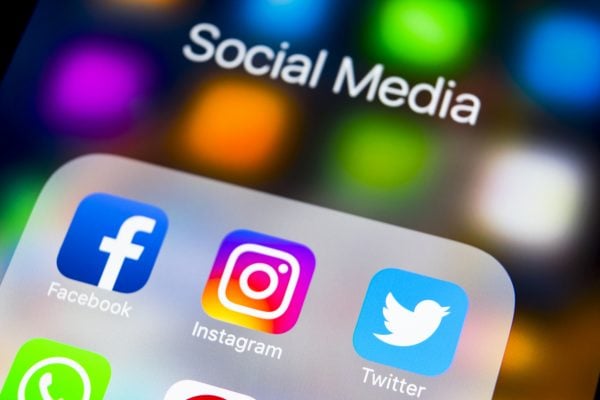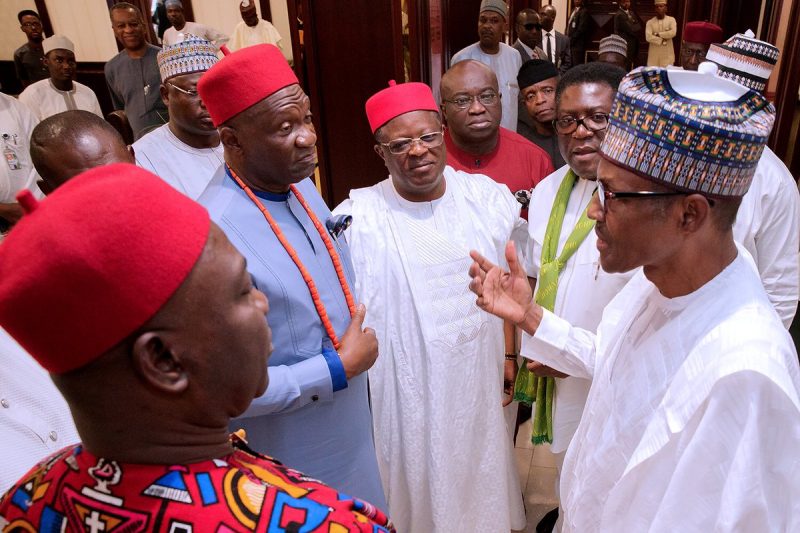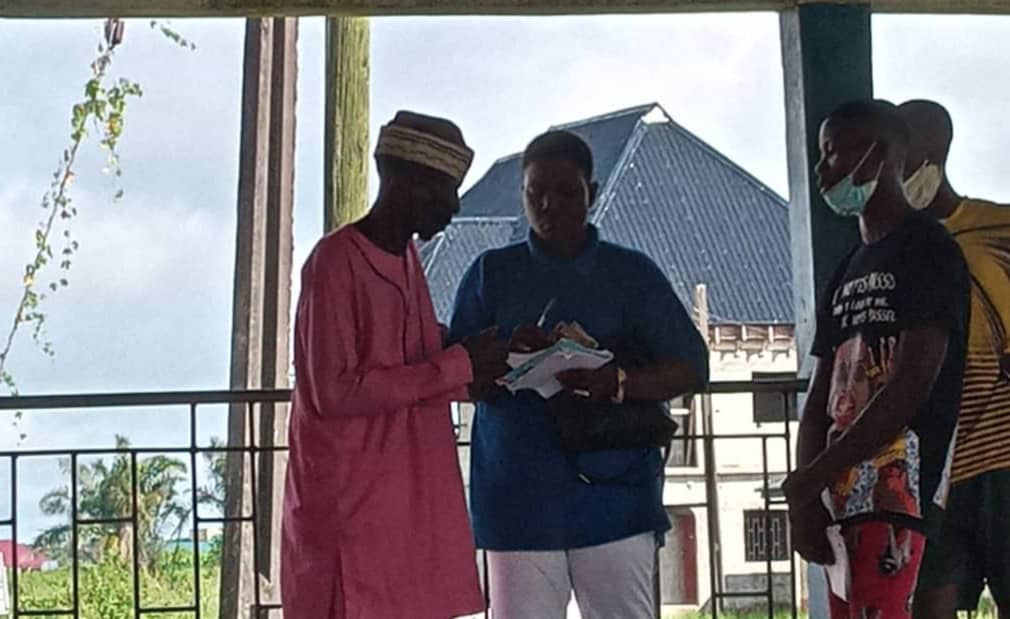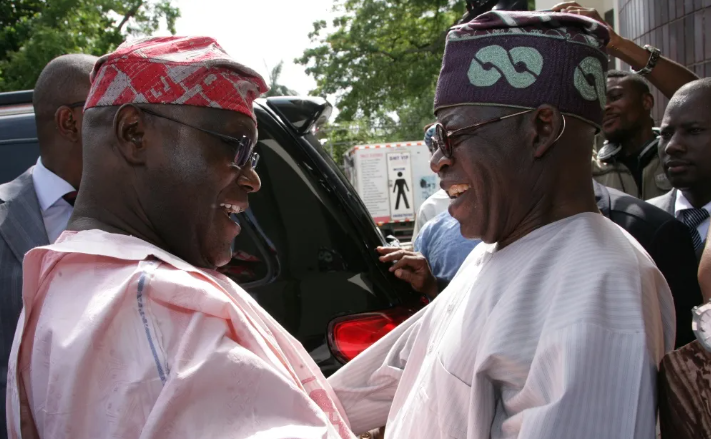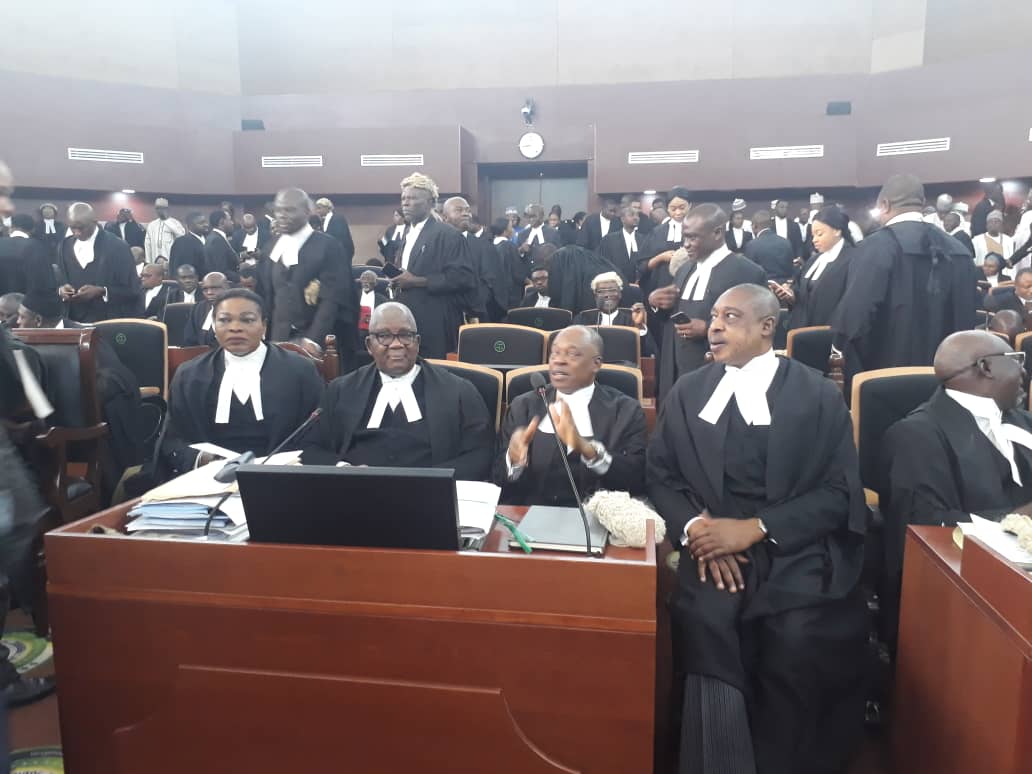At a time men and women of fertile knowledge of history were celebrating Democracy Day penultimate Monday, a government agency, the National Information Development Agency (NITDA) was releasing a document that could have a very damaging impact on the ability of people to have a say on those who govern them.
It was totally unexpected. On that very day in 1993, June 12, Nigerians voted in a democratic election that was clearly marked as one of the freest and fairest in our history as a nation. In a most unexpected twist of events, the government cancelled the election and then the process escalated until it claimed the life of the winner, Chief Moshood Abiola, and threw the nation into further confusion and mourning.
If the eleven page document titled, CODE OF PRACTICE FOR INTERACTIVE COMPUTER SERVICE PLATFORMS/ INTERNET INTERMEDIARIES, was intended to make a surreptitious entry into the public domain, some keen eyes quickly blew the lid to call attention to such an unfolding opprobrium. At no time was there such a classic irony which had no respect for the victims of that troubling era of our history. Must the document be released that very day, June 13, a public holiday, since June 12 fell on a Sunday?
All that title, hidden in very beautiful language is just a veneer to put a shine on a document that could turn an instrument of terror in the hands of some government officials. Fortunately, it is still a draft. But that is how it begins, the journey that could gather all the wickedness and debris, and form a total assault on the psyche of the people.
Advertisement
The government will gather some smart civil servants to do a document, and with the mind that they are fulfilling their official obligations and working for their nation, actually settle down to do a brilliant job; first as a draft, which is then hijacked by some hawks in government and make it an instrument of terror and oppression. The beautiful intentions always form the preambles but the real intentions are buried in the lines which in their beauty also disguise the hemlock.
The document above which, for the sake of my health and the safety of my tongue, I will call the Social Media Code but which the originators call The Code of Practice, was an inter-ministerial effort, jointly scribbled by officials of the Ministry of Information and Culture, represented by the National Broadcasting Commission (NBC) and the Ministry of Communications and Digital Economy, represented by the Nigerian Communications Commission (NCC) and NITDA. For months the Civil servants met at the NCC to execute a brief that may have been properly handed to them by two bellicose ministers in this administration. They said there were inputs from industry and professions. The veracity of that claim could unfold with time.
The scope and application of The Code of Practice which nebulously cover all Interactive Computer Service Platforms/Internet Intermediaries, and activities
Advertisement
conducted on the digital ecosystem across the nation, shall have the following objectives: Set out best practices required of Interactive Computer Service Platforms/Internet Intermediaries; Set out best practices that will make the digital ecosystem safer for Nigerians and non-Nigerians in Nigeria; Set out measures to combat online harms such as disinformation and misinformation; and Adopt and apply a co-regulatory approach towards implementation and compliance.
Those who are in the business of information ventilation and marketing, media organisations whose businesses are becoming highly but progressively interactive, whoever is in a position to ever take a short journey into cyberspace or those blessed enough to possess some little tools that could probably enhance what Prof Ola Rotimi of blessed memory called each-one-tell-one, should be interested in the contents of The Code of Practice.
Some people I contacted were not amused by this draft at all, because for them NITDA is a development agency and not a regulator. For these guys I rely on this cliche for redemption, “The devil is in the details.” Certain things have been allowed to pass or happen without anybody showing interest. That is what has coalesced into the rot that is choking the nation today; some people flaunting some skewed documents to enjoy an advantage even if the nation is hurt or in ruins.
Under the NITDA Act 2007 ACT NO. 28, the first function of the agency is to
Advertisement
“Create a framework for the planning, research, development, standardization, application, coordination, monitoring, evaluation and regulation of Information Technology practices, activities and systems in Nigeria and all matters related thereto and for that purpose, and which without detracting from the generality of the foregoing shall include providing universal access for Information Technology and systems penetration including rural, urban and under-served areas.”
I am tempted to believe that the phrase, regulation of Information Technology practices, is being interpreted loosely to accommodate media practices and even some little cyberspace pastimes that some dodos could feel uncomfortable with.
But should Nigeria be a lawless country where people could spew all kinds of scurrilities in cyberspace to endanger the peace and harmony of the society? God forbid!
Such possibility, including cyber waywardness, was envisaged by the
Advertisement
CYBERCRIMES (PROHIBITION, PREVENTION, ETC) ACT of 2015. Below is the accompanying Explanatory Memorandum: “The Act provides an effective, unified and comprehensive legal, regulatory and institutional framework for the prohibition, prevention, detection, prosecution and punishment of cybercrimes in Nigeria. This act also ensures the protection of critical national information infrastructure, and promotes cybersecurity and the protection of computer systems and networks, electronic communications, data and computer programs, intellectual property and privacy rights.”
I have always said the framers of the Act did a great job and the contents are robust enough to clip any malfeasance that may appear in cyberspace. But here is my guts-feel. Elections are about going into a full swing. In a couple of months the campaigns proper will commence although clandestine campaigns and disinformation are already heralding the shape of things to come. Those who still accommodate a modicum of truth and have a little shred of humanity in them will agree that this government has ruined Nigeria nearly beyond repair. No doubt a litany of information may pour in the open to flagellate this administration and hold it up for the fraud it is, for the damage it has inflicted on the people. There has to be a way to hide such information under a plank. The Code of Practice may just be one of the instruments.
Advertisement
It is noteworthy now that NITDA has reached out to the industry and other relevant stakeholders to respond with their observations on The Code of Practice before the close of work of June 24, 2022, for the document to be perfected. What an ambush! The date looks intimidatingly close for such a request to earn quality responses.
But there is nothing to fear because the Nigerian courts are able to defend the Nigerian people. Here is a recent example. When the Nigeria Broadcasting Code was being amended in 2019, we served several red flags on this column that some embedded interests were playing tricks with the Code in such a pervasive manner that it might not be useful to the industry or even completely destroy it in the short run. Nobody really cared and the red flags were quickly kicked out of sight by the powerful in big offices, government and private. By the end of May this year that Code was thumped by a High Court sitting in Lagos.
Advertisement
Should NITDA try to over reach itself with The Code of Practice by appropriating powers it does not possess, I don’t see any Nigerian court being afraid to confine the document to where it belongs, the thrash.
Advertisement
Views expressed by contributors are strictly personal and not of TheCable.
Add a comment

